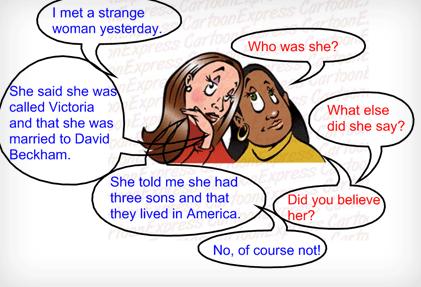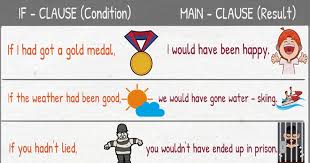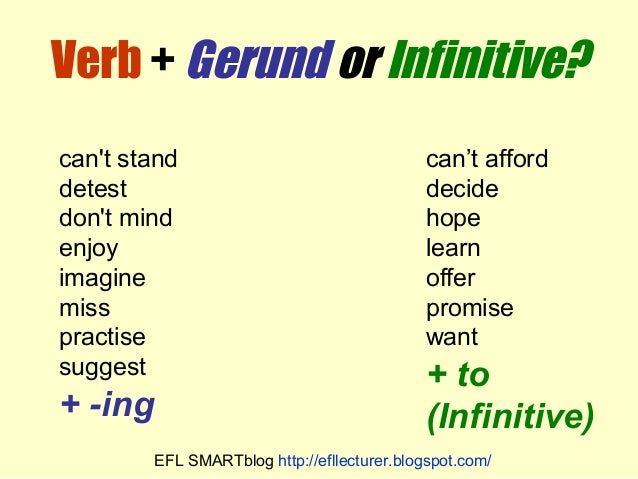Find below the presentation Kirsten prepared for you about Romanticism.
I hope you enjoy some of the poems by John Keats, William Wordsworth, Lord Byron and William Blake that you are studying in class.
The aim of this blog is to help students learn, practise and review English in order to improve their language skills.
Friday, 25 May 2018
Tuesday, 22 May 2018
A for and against essay
Here you have an essay written by one of your classmates (3ESO). The student presents the advantages and disadvantages of always being in contact because of mobile phones.
Besides content, have a look at the wide range of vocabulary, grammar structures and connectors the learner uses.
You can also write something similar if you make an effort!
Find below another essay written by another 3ESO student. The topic is about sharing your problems with friends.
Besides content, have a look at the wide range of vocabulary, grammar structures and connectors the learner uses.
You can also write something similar if you make an effort!
Find below another essay written by another 3ESO student. The topic is about sharing your problems with friends.
Essay Sharing Problems With Friends Ed by dgmmm on Scribd
Thursday, 17 May 2018
Gerund (-ing) and Infinitive
Saturday, 12 May 2018
Vocabulary Revision Unit 8 (3C Programa)
 Would you like to play Kahoot again to review vocabulary and those phrasal verbs you like so much?
Then, click here and join Kahoot to review unit 8 (Mosaic 3) with the game Kirsten prepared for you.
Would you like to play Kahoot again to review vocabulary and those phrasal verbs you like so much?
Then, click here and join Kahoot to review unit 8 (Mosaic 3) with the game Kirsten prepared for you.
Adjectives and Idioms. Unit 2 Solutions Upper Intermediate
Here you have the presentation reagarding feelings and idioms that Kirsten prepared for you. I'm sure it will be helpful for you to study, practise and increase your vocabulary.
Friday, 11 May 2018
Lord Byron: 'She Walks on Beauty'
She Walks on Beauty is a very well known poem by Lord Byron (George Gordon Byron). I think that the more you read it the more you like it.
She Walks on Beauty
She walks
in beauty, like the night
Of
cloudless climes and starry skies;
And all
that’s best of dark and bright
Meet in her
aspect and her eyes;
Thus
mellowed to that tender light
Which
heaven to gaudy day denies.
One shade
the more, one ray the less,
Had half
impaired the nameless grace
Which waves
in every raven tress,
Or softly
lightens o’er her face;
Where
thoughts serenely sweet express,
How pure,
how dear their dwelling-place.
And on that
cheek, and o’er that brow,
So soft, so
calm, yet eloquent,
The smiles
that win, the tints that glow,
But tell of
days in goodness spent,
A mind at
peace with all below,
A heart
whose love is innocent!
You can listen to a song based on the poem here.
You can listen to the poem here.
Thursday, 10 May 2018
Reported Speech 3 Programa

This post is going to deal with reporting present tense in both statements and questions. You also have commands.
After having studied and practised this in class, you can do the following exercises.
STATEMENTS
One.
Two.
Three.
Four. Present Continuous.
QUESTIONS
One.
Two. Yes-No questions
Three. Wh Questions
COMMANDS
One.
Two.
Tuesday, 8 May 2018
Comparison - New structures: double and repeated comparatives

Comparison and contrast are expressed by the use of the…, the…with comparative adjectives in parallel clauses. This structure is used to show proportionate increase or decrease.
Structure:
the + comparative adjective + clause, + the + comparative adjective + clause
the + comparative adjective + clause, + the + comparative adjective + clause
- The more adventurous it is, the more I like it. (NOT The more it is adventurous, the more I like it.)
- The less I see him, the more I like him.
- The more he reads, the less he understands.
- The older we grow, the wiser we become.
- The higher you climb, the colder it gets.
- The richer one grows, the greater one’s worries.
- The less you spend, the more you save.
- The sooner they go, the better it is.
A short form of this structure is used in expressions such as the following:
- ‘How do you like your coffee?’ ‘The stronger the better.’
- ‘When should I start?’ ‘The earlier the better.’
Wednesday, 2 May 2018
Conditional Sentences
Conditionals are sentences with two clauses – an ‘if clause and a main clause – that are closely related. Conditional sentences are often divided into different types.
Zero conditional
We use the zero conditional to talk about things that are always true.
- If you heat water, it boils.
- When the sun goes down, it gets dark.
- It lights up if you push that button.
The present simple is used in both clauses.
First conditional
We use the first conditional when we talk about real and possible situations.
- I’ll go shopping on the way home if I have time.
- If it’s a nice day tomorrow, we’ll go to the beach.
- If Arsenal win, they’ll be top of the league.
In first conditional sentences, the structure is usually if + present simple and will + infinitive. It’s not important which clause comes first.
Second conditional
The second conditional is used to talk about ‘unreal’ or impossible things.
- If I won a lot of money, I’d buy a big house in the country.
- Where would you live if you could live anywhere in the world?
- If you didn’t smoke so much, you’d feel a lot better.
The structure is usually if + past simple and would + infinitive. It’s not important which clause comes first.
Look at the difference between the first and second conditionals.
Look at the difference between the first and second conditionals.
- In January: If it snows tomorrow, I’ll go skiing. It might snow tomorrow.
- In August: If it snowed tomorrow, I’d go skiing. It almost certainly won’t snow tomorrow.
(From: https://learnenglish.britishcouncil.org/en/quick-grammar/conditionals-1)

(From: https://learnenglish.britishcouncil.org/en/quick-grammar/conditionals-2)
Third conditionals
Third conditional sentences describe the past. They describe something that didn’t happen.
- If I’d studied harder at school I would have gone to university.
He didn’t study very hard and he didn’t go to university.
- We wouldn’t have got lost if you hadn’t given me the wrong directions.
She wasn't given the correct directions and she didn't find her way.
- She might have finished the exam if she’d had more time.
She didn't finish the exam and she didn't have more time.
In third conditional sentences, the structure is usually if + past perfect and would + perfect infinitive (e.g. have done). It’s not important which clause comes first.
Notice that other modal verbs can be used instead of ‘would’ (e.g. ‘could’, ‘might’ ‘may’)
EXERCISES for you to practise:
First Conditional:
Second Conditional:
Adjectives describing personality

Order of adjectives 1.
Order of adjectives 2 with a multiple choice exercise.
Matching exercise 1.
Matching exercise 2.
Test. (Scroll down to see the test 'Description of personality'). There are three mistakes. Can you find them?
Subscribe to:
Comments (Atom)
